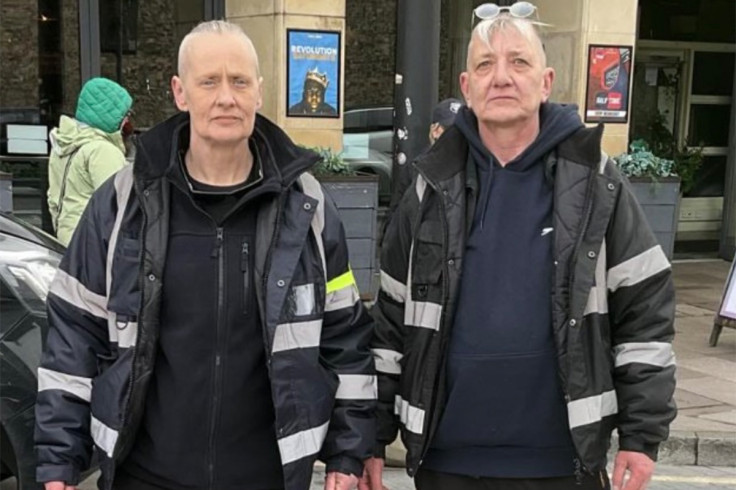From the Club Door to the Driver's Seat: Why More Women Are Taking on Male-Dominated Jobs and Thriving
Women are moving beyond bartending and "bottle girl" roles into security and transport

On a typical Saturday night in the UK, most of the people running the show — from club managers to taxi drivers — are men. Women have long come to expect this imbalance, even on a so-called 'girls' night out'. Yet safety remains a pressing concern: surveys show that 81% of women want stronger protections in nightclubs. However, a shift is underway. More women are stepping into the nightlife workforce, from the club door to the driver's seat. Could this change finally make nights out feel safer?
Women in the nightlife industry have long been associated with flashy, front-facing roles, such as bartenders or bottle girls. But that image is shifting. Over the past four years, the number of women qualified to work in security has risen by nearly 30%. Even as the overall nightlife workforce has declined, the share of women in the sector has increased. This trend may reflect women's frustration with the industry—and their determination to drive change from within.
Sexual Misconduct Reports Every 8 Minutes
An example of women actively working to make clubbing more accessible is Labrys Security, a UK company founded by Liane Timmermann and Di Winn. It's one of the first all-female security firms in the UK, and its mission is explicitly about creating safer, more inclusive environments at events, particularly for women and girls.
In recent years, women-only taxi services have emerged, focusing clearly on safety. For many women, taking an Uber or traditional taxi home after a night out can feel unsettling. Between 2017 and 2022, Uber reported that a claim of sexual misconduct against one of its drivers was filed every eight minutes. Services such as Think Pink UK and London Lady Chauffeurs aim to change this narrative, offering women drivers to provide passengers with a safer, stress-free journey to and from the club.
Never knew that theres a ‘female only’ version of uber called Riding Pink. Dont have to worry about our safety anymore girls! 🚺 pic.twitter.com/wgjkj7fH8u
— Nurina Aida (@nurinaghizan_) October 24, 2017
Not only does this shift improve safety for women, it also brings economic benefits to the nightlife industry. By creating new jobs and encouraging women to enter the field, the rise of women-focused nightlife professionals generates fresh opportunities for growth. In the wake of the pandemic, when clubs faced severe staffing shortages, women stepping into these roles helped venues stay open and operate smoothly, easing concerns about the lack of bouncers and other essential staff.
De-Escalation Takes Many Forms
While critics may argue that women lack the physical strength for such roles, it's important to remember that de-escalation takes many forms. Women often possess strong communication and empathy skills that can help calm tensions and prevent situations from escalating into violence. A review of women in policing found that female officers are more likely to defuse conflict through verbal strategies, fostering greater trust and cooperation in the process.
This shift in nightlife roles points to a broader cultural change: women are no longer waiting for spaces to adapt to them; they're stepping into roles they once felt excluded from and reshaping them on their own terms. Rather than relying on men's behavior to improve, more women are asserting themselves directly in male-dominated spaces and setting new standards. In doing so, they are not only making nightlife safer and more inclusive but also redefining what power looks like after dark.
© Copyright IBTimes 2025. All rights reserved.





















